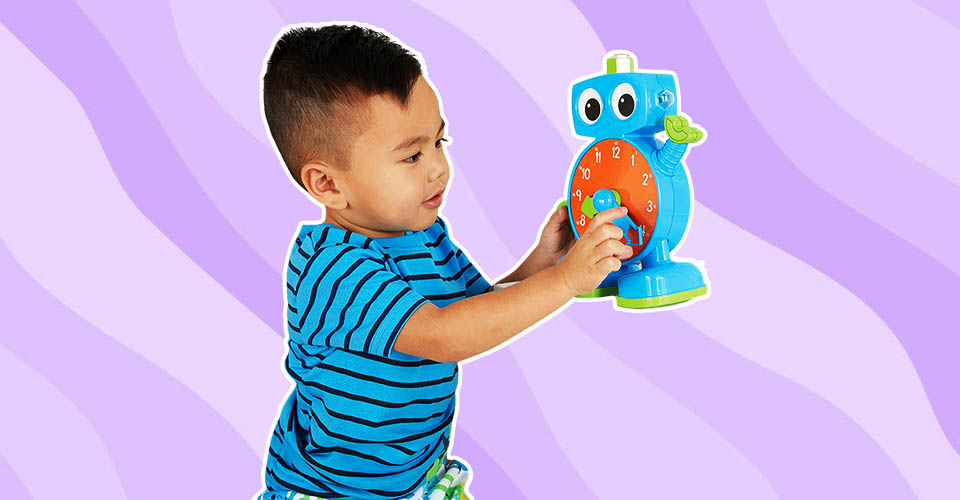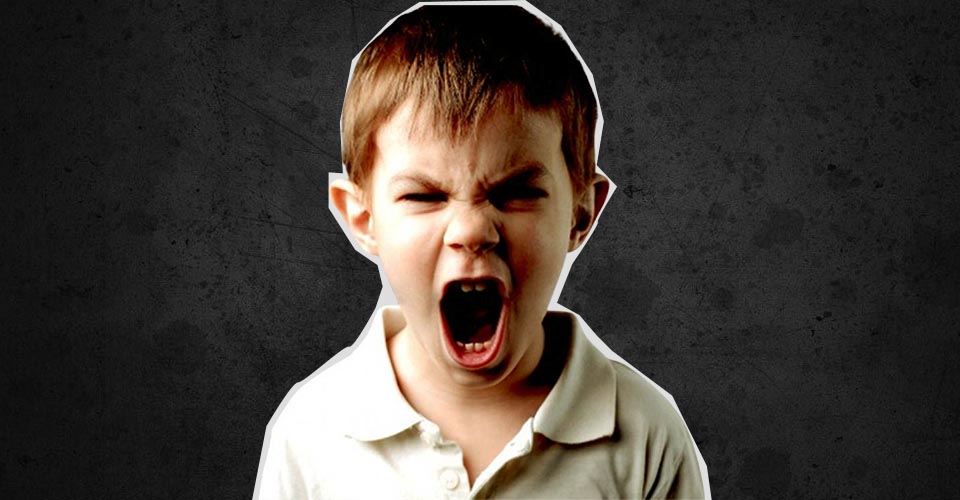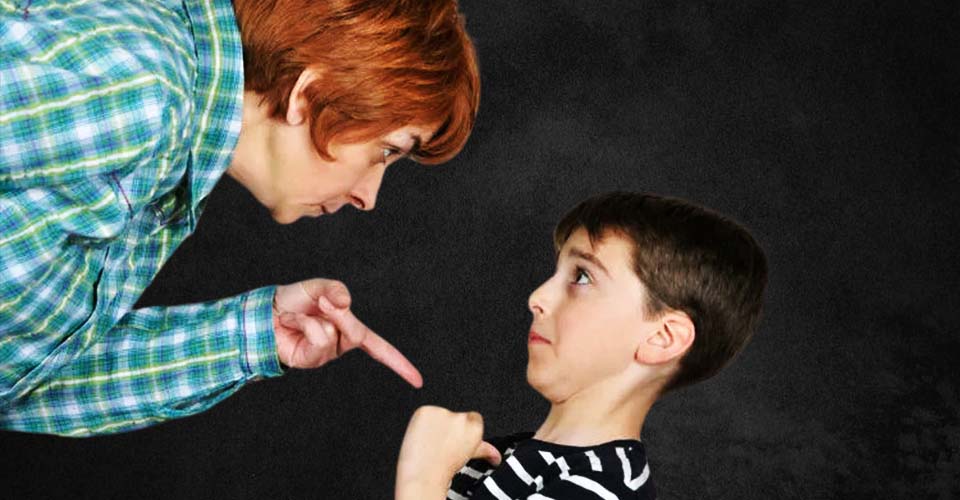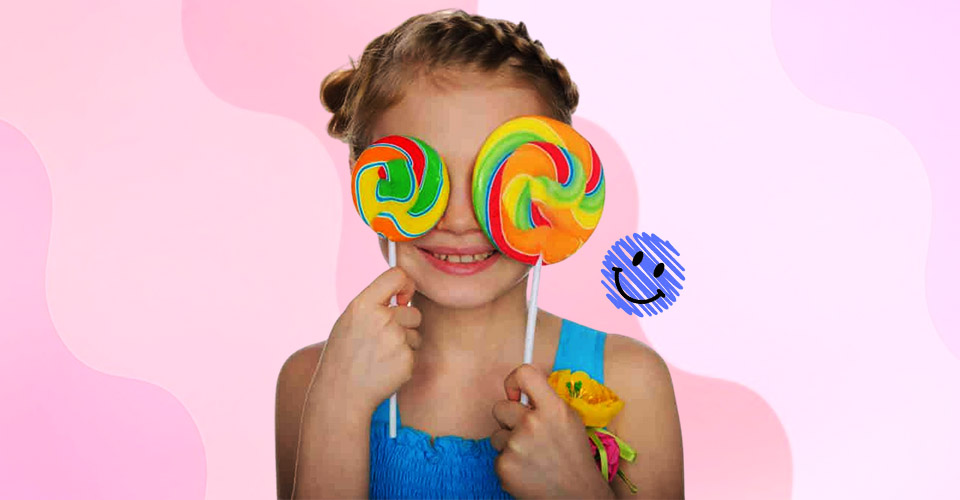In today’s fast-paced and often stressful environment, mental health issues have emerged as a significant concern across all age groups, including children. The notion that kids are somehow immune to mental health challenges is a myth that needs dispelling.
Recognizing the importance of talking about mental illness with kids is the first step towards fostering a generation that is not only aware but also adept at managing their emotional and psychological well-being.
This article aims to illuminate the critical reasons for discussing mental health with children. We will offer caregivers actionable advice on how to talk to kids about mental health with care and understanding.
Why Is It Important To Talk To Kids About Mental Health?
There’s no doubt about it: talking to kids about mental health is super important. It helps them in ways that are incredibly important to their emotional, psychological, and social well-being.
Here are just a few of the key points why talking about mental illness with kids is important:
1. Early Identification and Support
Dr. Lisa Damour is a psychologist and author who emphasizes the importance of support for children with mental health issues. She says that conversations about mental health from a young age will help children recognize what they’re feeling and articulate it.
Talking about mental illness is pretty crucial for early detection of mental health challenges, which will in turn help kids get the support they need as soon as possible.
2. Strengthening Resilience
According to Dr. Kenneth Ginsburg—a pediatrician specializing in adolescent medicine and co-founder of the Center for Parent and Teen Communication—open conversations help build resilience by teaching children coping mechanisms for stress and adversity.
This kind of preparation sets kids up to navigate life’s challenges more effectively.
3. Enhancing Emotional Intelligence
Dr. Marc Brackett is the Director of the Yale Center for Emotional Intelligence, so he knows a thing or two about feelings!
He explains how talking about mental illness with kids leads to higher emotional intelligence in general; once you can understand, express, and manage your own emotions, you’ll be better at understanding others.
Not only does this skill lead to personal happiness—it also fosters better relationships and academic success.
4. Promoting Inclusivity and Compassion
Clinical psychologist Dr. Beverly Daniel Tatum suggests that talking about mental health can open up discussions around diverse experiences—which will teach kids empathy!
Once they start empathizing with others’ unique situations instead of stigmatizing them, we’ll be off to a great start in building a more supportive community.
5. Preventing Long-term Issues
Finally, there’s Dr. Jack Shonkoff from Harvard University’s Center on the Developing Child—who warns that unresolved mental health problems in childhood can lead to more serious issues in adulthood.
By placing importance on the conversation on mental health at an early age, we can help kids avoid chronic health conditions and social difficulties.
Talking about mental illness with kids gives them the power to deal with life in the future. It equips them with the skills they need to understand their own emotions, build a supportive community, and lay the groundwork for a healthier society.
And it turns out—through these conversations—we have the power to create a generation that’s both aware of what mental health entails and armed with tools to tackle it.
10 Tips For Talking About Mental Illness
Talking about mental illness isn’t easy, especially when it comes to children. But it doesn’t have to be impossible.
Below are 10 tips on how to talk to kids about mental health:
1. Learn Everything You Can:
Before you can talk about something, you need to understand it. Look up and learn about different kinds of mental illnesses, their symptoms, causes, and treatments.
When having a conversation on mental health it is important that you provide the facts and not just opinions!
Read from reputable sources like websites or books written by professionals in the field. Having all this information will help you answer any questions accurately, debunk misconceptions if necessary, and dismantle any myths that might surround mental health.
2. Create a Safe Space:
No one wants to open up about their deepest fears and feelings in an uncomfortable environment or around other people who might be listening.
Pick a private spot where no one else will hear you two speak, turn off your phones, and let the other person know that they’re safe with you.
3. Explain It Simply:
Talking about mental illness can be a little tough if you do not know how to approach the topic properly. At that moment you have to realize that you need to guide them not just teach them.
When you are having a conversation on mental health with a child or someone who doesn’t know much about mental illness, use simple words and examples they can relate to as opposed to complex scientific terms.
4. Listen Closely:
When someone comes to you talking about anything personal, you must listen without interruption; even more so when it’s regarding their mental health struggles.
Let them take all the time they need before responding because sometimes all they want is for someone who cares to hear them vent.
5. Conversation On Mental Health Is Not Taboo:
If someone chooses to share such intimate details with you or anyone else for that matter, don’t judge them for what they say—especially if their experience is far from what most would consider “normal.”
6. Encourage Them To Share Their Thoughts And Feelings:
Encouraging people to open up is incredibly therapeutic. Ask them “How are you?” and “What’s on your mind?”, but don’t try to fix their problems right away.
This will help everyone feel less alone in what they’re going through and give you an insight into the person across from you so that you can offer more support.
7. Discuss Help and Support Options:
Look up therapists, mental health services, support groups, and online resources in the area with them. Giving specific suggestions for professional help is invaluable, so be sure to go into detail if possible.
But also make it clear that seeking help isn’t a sign of weakness, but rather a strength — there are so many options available these days and each one caters to different needs. Planting this seed can be the turning point that inspires hope and action towards recovery.
8. Offer Continuous Support:
Tell them once again (and show) that your support isn’t limited to just one conversation. You can accompany them to appointments or check in regularly — anything that makes you feel like a stable figure in their life during such a confusing time.
It has been proven time and time again how important this foundation is when it comes to recovering from any mental illness.
9. Respect Their Privacy:
Respecting privacy is all about trust-building. Keep any information shared with you during these conversations confidential unless there’s an immediate threat of harm. Letting them know this assurance will make the individual feel safer around you — allowing for deeper conversations down the line.
10. Lead by Example:
Demonstrate healthy coping mechanisms and self-care practices by doing some yourself! Exercise helps both mental well-being and physical health, as does maintaining a balanced diet… etc.
Sharing how you deal with stress can inspire others to follow similar paths while showing them how much of a priority they need to make caring for themselves.
Remember, talking about mental illness is delicate work; It’s about being supportive, not trying to fix them on the spot. By following these tips and offering your hand, you’ll be able to make a positive impact on their journey towards mental health recovery.
A Word From Mind Family
Talking with kids about mental health is important. Experts like Dr. Lisa Damour and Dr. Kenneth Ginsburg say it helps kids understand their feelings early on. This understanding can help them deal with tough stuff better when they grow up.
By talking openly, we also help kids become stronger and better at handling stress and tough times. Dr. Marc Brackett and Dr. Beverly Daniel Tatum say these talks can make kids more caring and inclusive towards others too.
Dr. Jack Shonkoff warns that ignoring mental health in childhood can lead to bigger problems later on. So, these talks aren’t just helpful now, they can shape kids’ futures too.
Remember, when talking about mental illness it is important to create a safe space and listen carefully. The tips we’ve shared can guide us in having these talks with kindness and understanding. Together, let’s keep supporting each other in our journey towards better mental health.
Frequently Asked Questions (FAQs)
1. Why is it important to talk to kids about mental health?
It’s vital to talk to kids about mental health because it helps them understand their feelings, builds resilience, enhances empathy, and prevents long-term issues.
2. What are some tips for talking about mental illness with kids?
Tips include creating a safe space, using simple language, listening without judgment, and offering continuous support.
3. How to describe mental illness to kids?
When having a conversation on mental health describe mental illness to kids simply, using examples they can relate to, and emphasizing that it’s okay to talk about feelings and seek help when needed.


















Leave a Reply